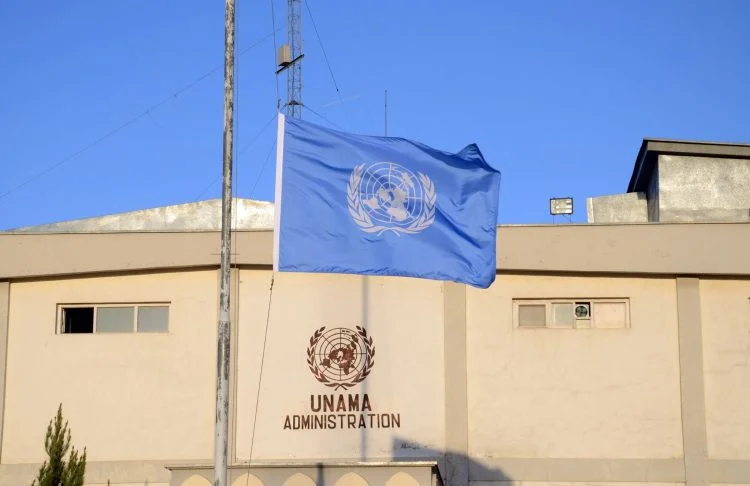Islamabad on Monday informed Bangladesh about ongoing tensions between India and Pakistan, after gunmen killed 26 people last week, the worst attack on civilians in contested Muslim-majority Kashmir for a quarter of a century.
Pakistan High Commissioner to Bangladesh Syed Ahmed Maroof met with Bangladesh Foreign Secretary Md Jashim Uddin at the Ministry of Foreign Affairs and briefed him on the matter, according to a press release issued by the Ministry of Foreign Affairs.
The release stated that the high commissioner briefed the foreign secretary on regional matters.
He also highlighted specific products and informed the foreign secretary about the ongoing visit of a high-level Pakistani business delegation to Bangladesh and the Bangladesh-Pakistan Business Forum held in Dhaka.
Both sides expressed hope that the visit of Pakistan’s deputy prime minister and foreign minister to Bangladesh will take place at a mutually convenient time.
Also See: Pahalgam Attack: India Replays the Blame Script on Pakistan
Notably, the scheduled visit of Pakistan’s foreign minister to Dhaka in April was postponed on Thursday, amid rising tensions between the rival nuclear-armed powers India and Pakistan.
The press release further stated that during the meeting, the foreign secretary expressed satisfaction over the constructive discussions and the successful conclusion of the sixth round of bilateral consultations between Bangladesh and Pakistan, held on April 17 in Dhaka.
He described it as a positive step toward strengthening bilateral cooperation.
Emphasis was placed on the importance of continuous follow-up and further work by the relevant authorities of both sides on the areas and issues discussed during the bilateral consultations at the foreign secretary level.
This news is sourced from Dhaka Tribune and is intended for informational purposes only.

![Pakistan updates Bangladesh on rising India-Pakistan tensions, Kashmir attack, and bilateral talks during Dhaka meeting. [Image via Bangla Tribune]](https://southasiatimes.org/wp-content/uploads/2025/04/Untitled-design-59-124c306c491b810b4ec09d587052ef3b.webp)




